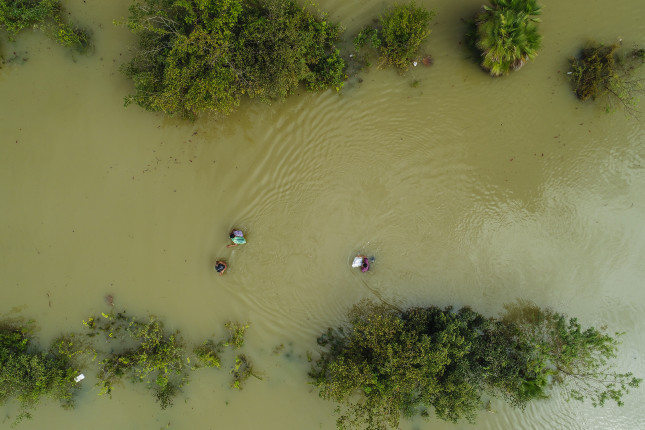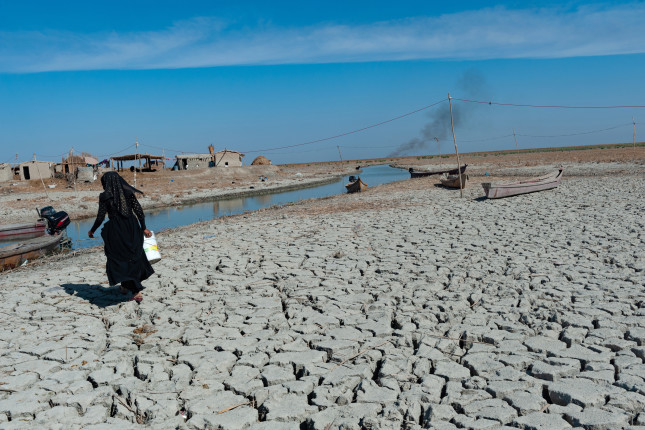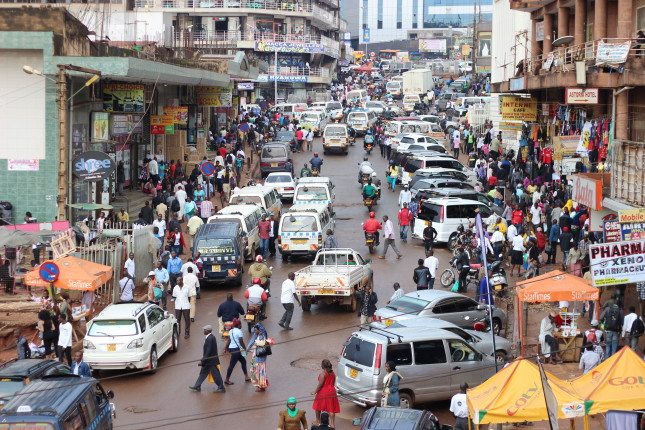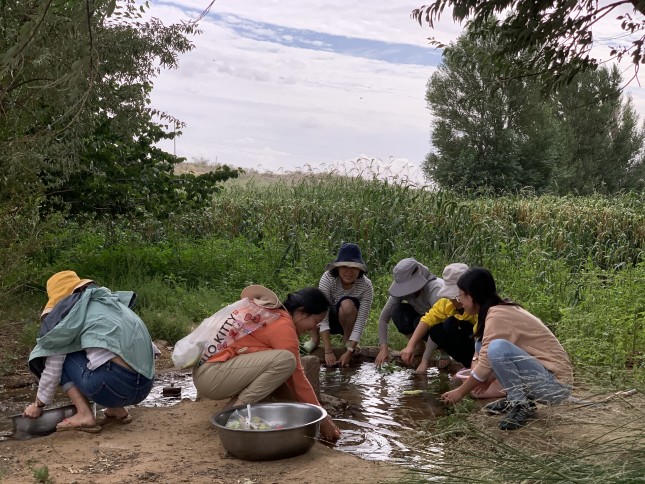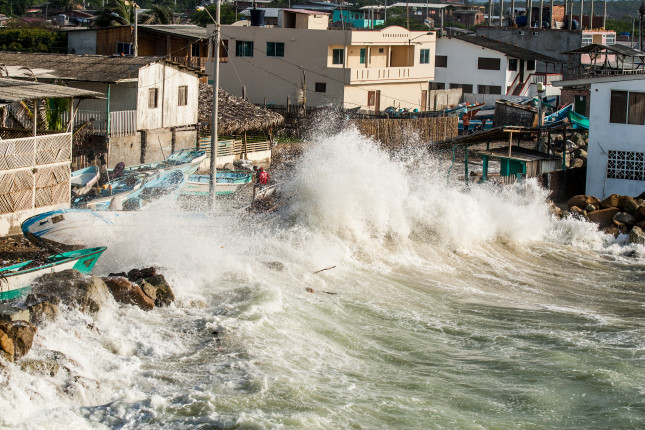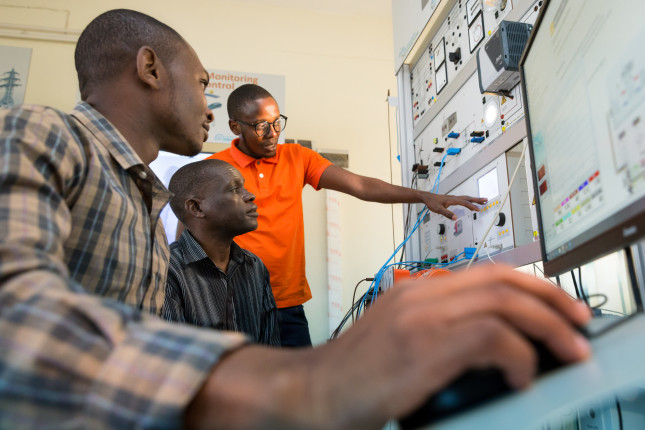-
China’s Climate Security Vulnerabilities
›
Climate change’s ripples reach every corner of the globe, but nowhere is their geopolitical impact more pronounced than in China’s relations with the United States. This is especially the case as the undisputed security risks posed to both nations by climate change become intertwined with broader arcs of political, economic, and military competition on both sides.
-
Addressing Climate Security Risks in Central America (Report Launch)
›
Northern Central America is experiencing a confluence of insecurity and migration challenges that are increasingly intertwined with climate change. What are the contours of this emergent convergence—and how can responses be developed and implemented more effectively?
-
How is Climate Change Affecting MENA? Local Experts Weigh In
›From the Wilson Center // April 21, 2023 // By Khalil Abu Allan, Eslam A. Hassanein, Gokce Sencan & Neeshad ShafiFor Earth Day 2023, members of the Agents of Change Youth Fellowship answered this question: What is the biggest environmental or climate change related challenge facing your community today? Their responses reveal a pattern of vulnerability facing the MENA region.
-
Intersecting Challenges Require Multisectoral Solutions: A Conversation with Charles Kabiswa
›
The impacts of a changing climate touch every region of the globe, but they are acutely felt by people in Uganda, where floods, droughts, and shifting rainfall patterns disrupt agricultural productivity, livelihoods, and the health and well-being of millions of people. According to the ND-GAIN index, Uganda is the 13th most vulnerable nation in the world, and action there is urgently needed to better prepare for and adapt to climate change’s impacts.
-
A Warmer, Wetter Climate Challenges a Chinese Eco-farm
›China Environment Forum // Cool Agriculture // Guest Contributor // April 14, 2023 // By Jiang MengnanIn recent years, a new narrative has appeared on Chinese social media: that a warmer and wetter climate in Northwest China will herald a return to the “golden age” of the Tang dynasty (618–907 AD).
Climate change will bring benefits, so the story goes, as historically China has flourished during warmer and wetter periods – conditions becoming common once more in the Northwest, a region extending from the province of Shaanxi to Xinjiang in the far west.
-
Climate and Coastal Adaptation: The Need for Urgent Planning
›
The latest report from the UN’s Intergovernmental Panel on Climate Change highlights the small window of opportunity available to achieve climate resilient development, despite the growing risks of reaching tipping points. Environmental advocates argue that the UN’s warnings should remain front-and-center, including those that highlight worsening climate trends already experienced by developing nations.
-
What Will Change at the World Bank Mean for Climate Policy?
›
World Bank President David Malpass announced his resignation in mid-February 2023, and will step down by June 2023—about a year before finishing his five-year term. As several public officials indicated after the announcement, the climate legacy Malpass leaves behind is lacking. Indeed, the Bank itself has also been under scrutiny with recent calls for reform on climate finance.
The Biden Administration quickly announced Ajay Banga as their nominee in mid-February. If confirmed, Banga will step into this role in a high-profile moment, and his own stance on climate issues is already under close examination.
-
The UN Water Conference and Latin American Transboundary Waters: A Case for Better Governance
›
In recent decades, the international system has undergone profound changes—especially in terms of the types of threats that destabilize international peace and security. As new threats emerge, a focus on new dimensions of the concept of security is now reaching the top of the international agenda. In this context, the global freshwater crisis is beginning to be perceived as an existential threat to states requiring extraordinary measures to alleviate or solve the problem.
Showing posts from category climate change.


